
AeroGenie — Seu copiloto inteligente.
Tendências
Categories
British Airways Signs Sustainable Aviation Fuel Agreement with EcoCeres

British Airways Signs Sustainable Aviation Fuel Agreement with EcoCeres
British Airways has formalized a multi-year partnership with renewable fuels producer EcoCeres to supply sustainable aviation fuel (SAF), reinforcing the airline’s commitment to reducing lifecycle carbon emissions and advancing its net-zero objectives. This collaboration is expected to reduce approximately 400,000 metric tonnes of CO2 emissions, an amount equivalent to the carbon footprint generated by around 240,000 economy class passengers flying roundtrip between London and New York, when compared to the use of conventional jet fuel.
Advancing Sustainable Fuel Use
Under the terms of the agreement, EcoCeres will supply SAF derived entirely from waste-based biomass feedstocks, including used cooking oil. This type of fuel offers up to an 80% reduction in lifecycle carbon emissions relative to traditional jet fuel. Matti Lievonen, Chief Executive of EcoCeres, emphasized the significance of the partnership, stating, “We are proud to partner with British Airways in this strategic agreement to jointly tackle greenhouse gas emissions in aviation. Our commitment to sustainability is unwavering, and this partnership exemplifies our dedication to providing innovative fuel solutions that will help the aviation industry meet its environmental targets.”
The deal aligns with British Airways’ ambition to power 10% of its flights with SAF by 2030. Through its BA Better World programme, the airline has already integrated SAF into 2.7% of its total fuel consumption in 2024, contributing to a 13% reduction in carbon intensity since 2019. Carrie Harris, Director of Sustainability at British Airways, remarked, “At British Airways, we see SAF as an important part of our BA Better World strategy. In 2024 alone, SAF accounted for 2.7% of British Airways’ total fuel use and is contributing to our achievement of a 13% reduction in our carbon intensity since 2019. That’s why this new agreement with EcoCeres is so exciting—it’s another important step forward on our journey to reach net-zero carbon emissions by 2050.”
Challenges and Industry Implications
Despite the promise of SAF, its broader adoption faces considerable challenges. High initial production costs, limited supply, and the necessity for substantial infrastructure upgrades remain significant obstacles for the aviation industry. While the agreement is anticipated to stimulate increased investor interest in sustainable aviation initiatives, some market analysts express skepticism regarding the long-term viability and cost-effectiveness of SAF. In response, competitors may seek similar partnerships or invest in alternative green technologies to remain competitive amid evolving industry standards.
The aviation sector is also calling for stronger support from European governments to accelerate SAF production and adoption. Industry leaders stress the importance of robust policies that foster innovation in both fuel and aircraft technologies to meet ambitious environmental targets.
For EcoCeres, headquartered in Hong Kong, this agreement represents a pivotal milestone as the company scales up SAF production and pursues further collaborations within the aviation sector. As airlines and fuel producers navigate the complex landscape of opportunities and challenges, the drive toward sustainable aviation continues to reshape the future of the industry.
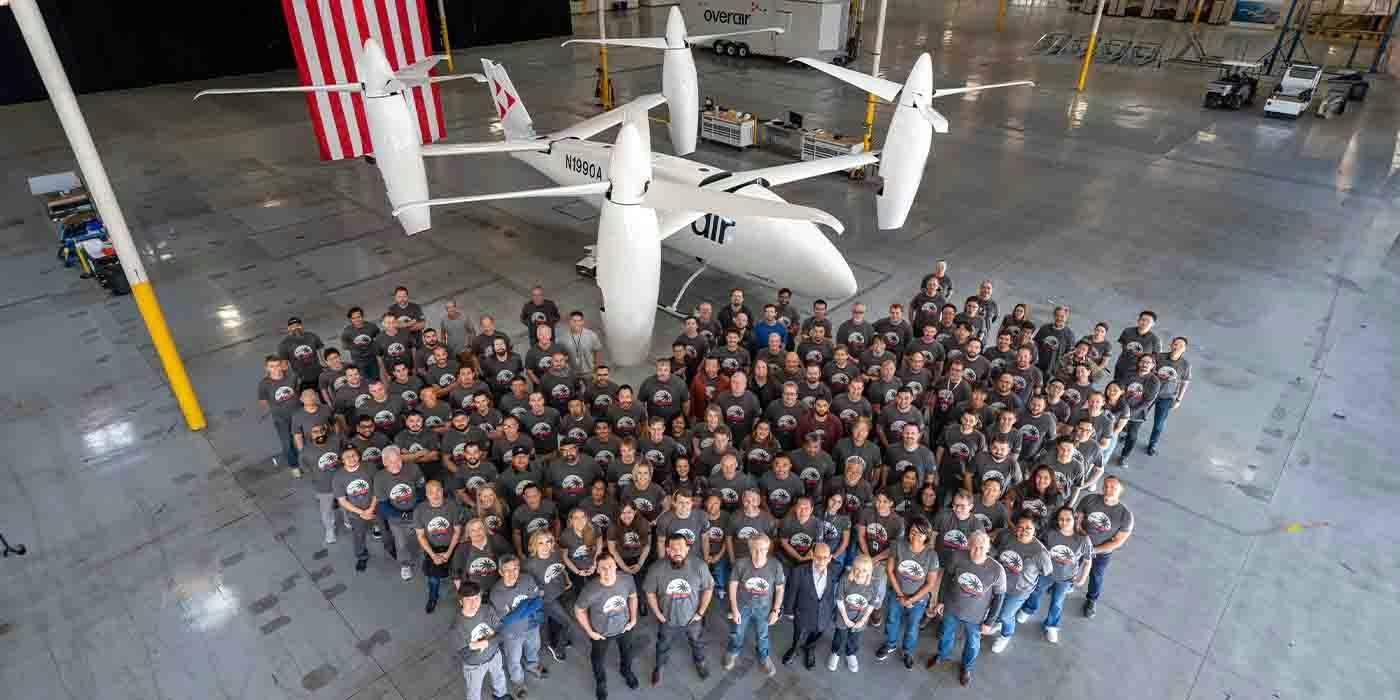
Unique mixed-propulsion eVTOL completes transition flight testing
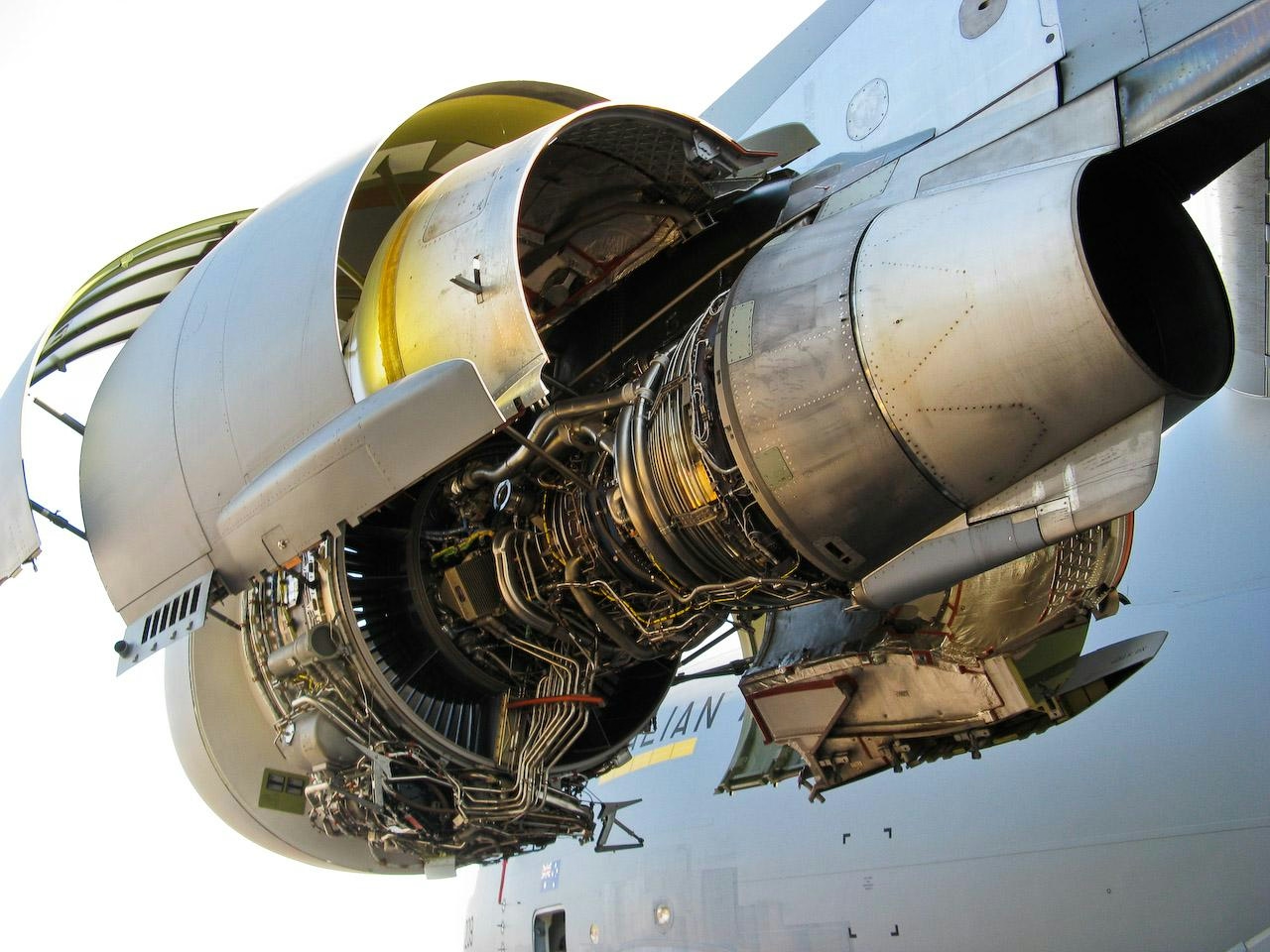
Are C-17 Globemaster Engines Derived from Boeing 757?

Why the Airbus A350’s Cabin Is Quieter Than Other Aircraft
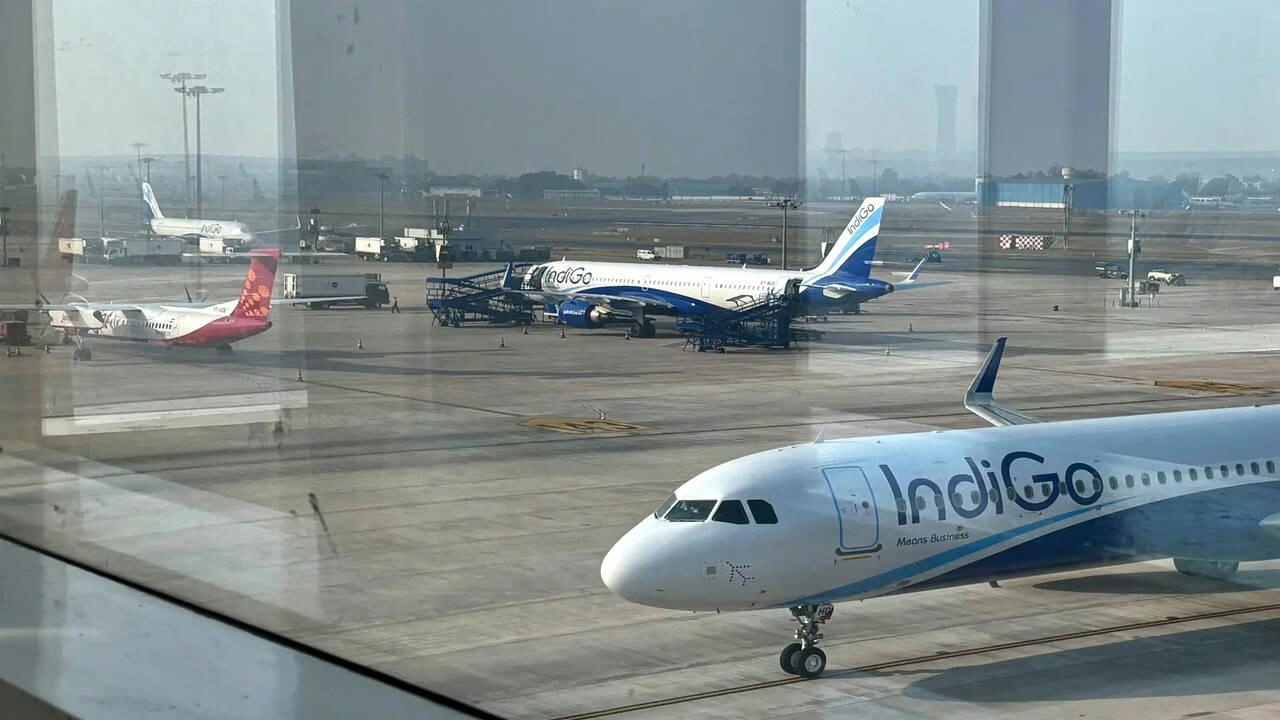
AI and AI Express Plan to Increase Capacity Amid IndiGo Flight Disruptions
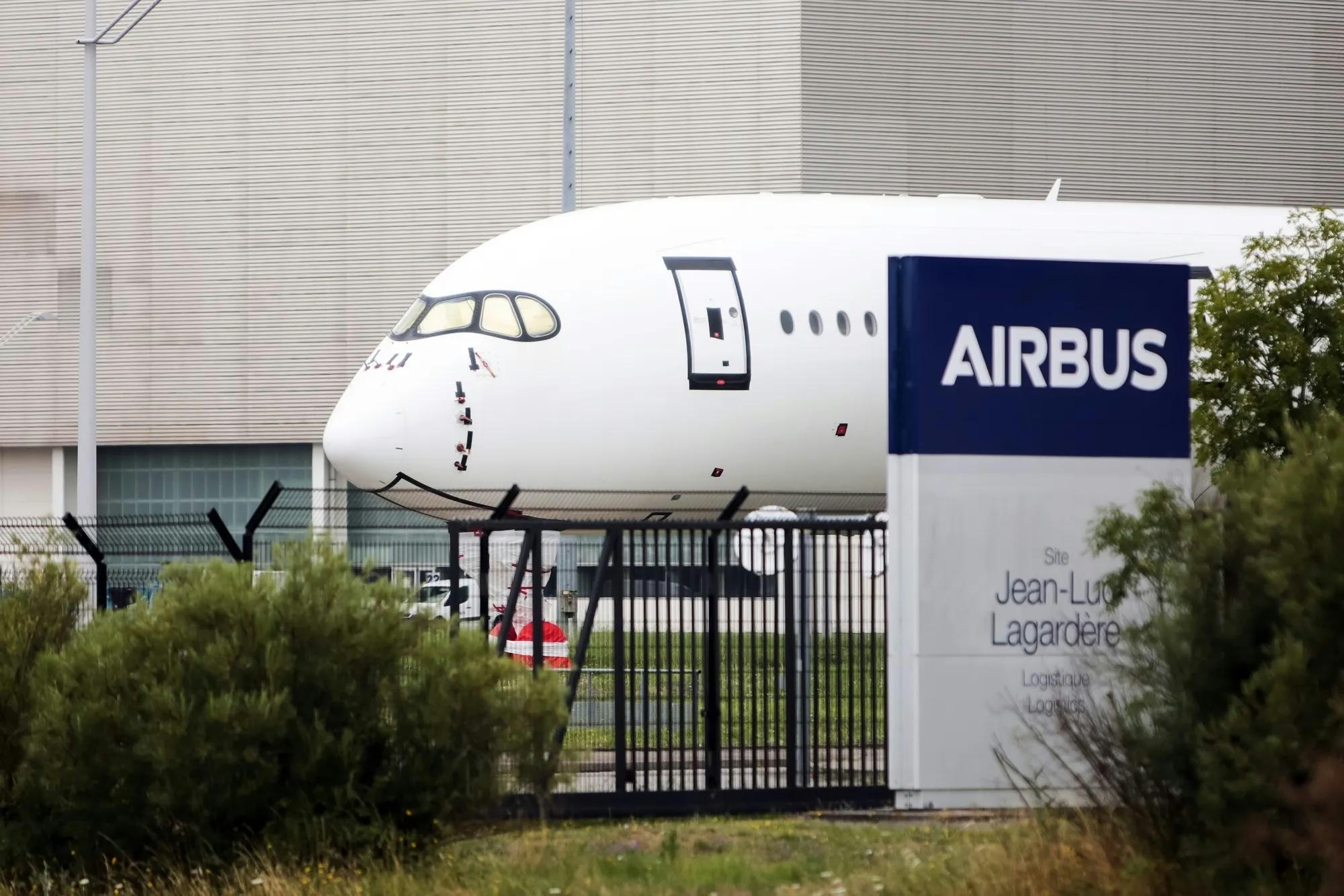
Kazakhstan and France Agree on Airbus Aircraft Deliveries
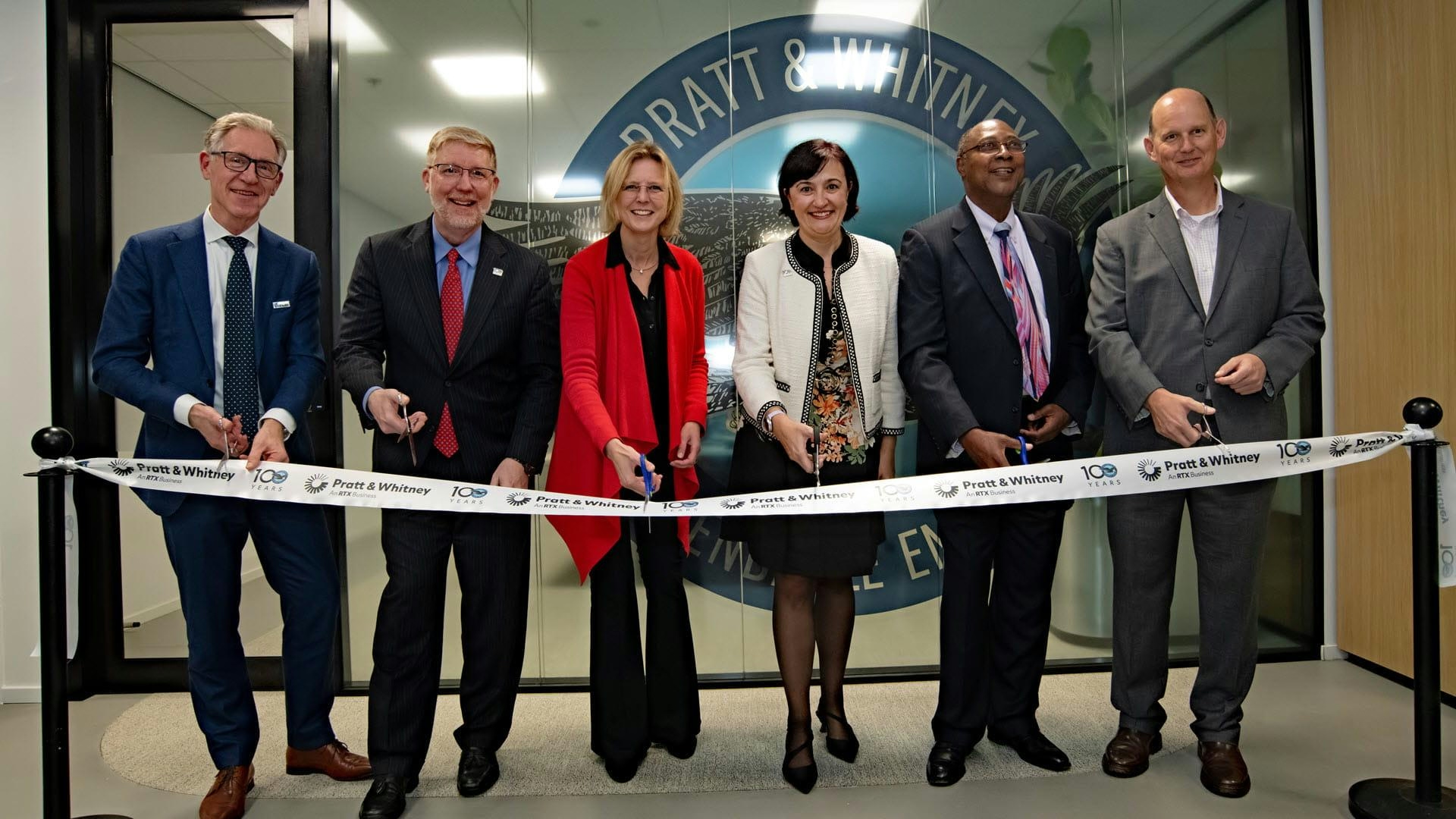
Europe’s Emerging Talent Drives Aviation Innovation
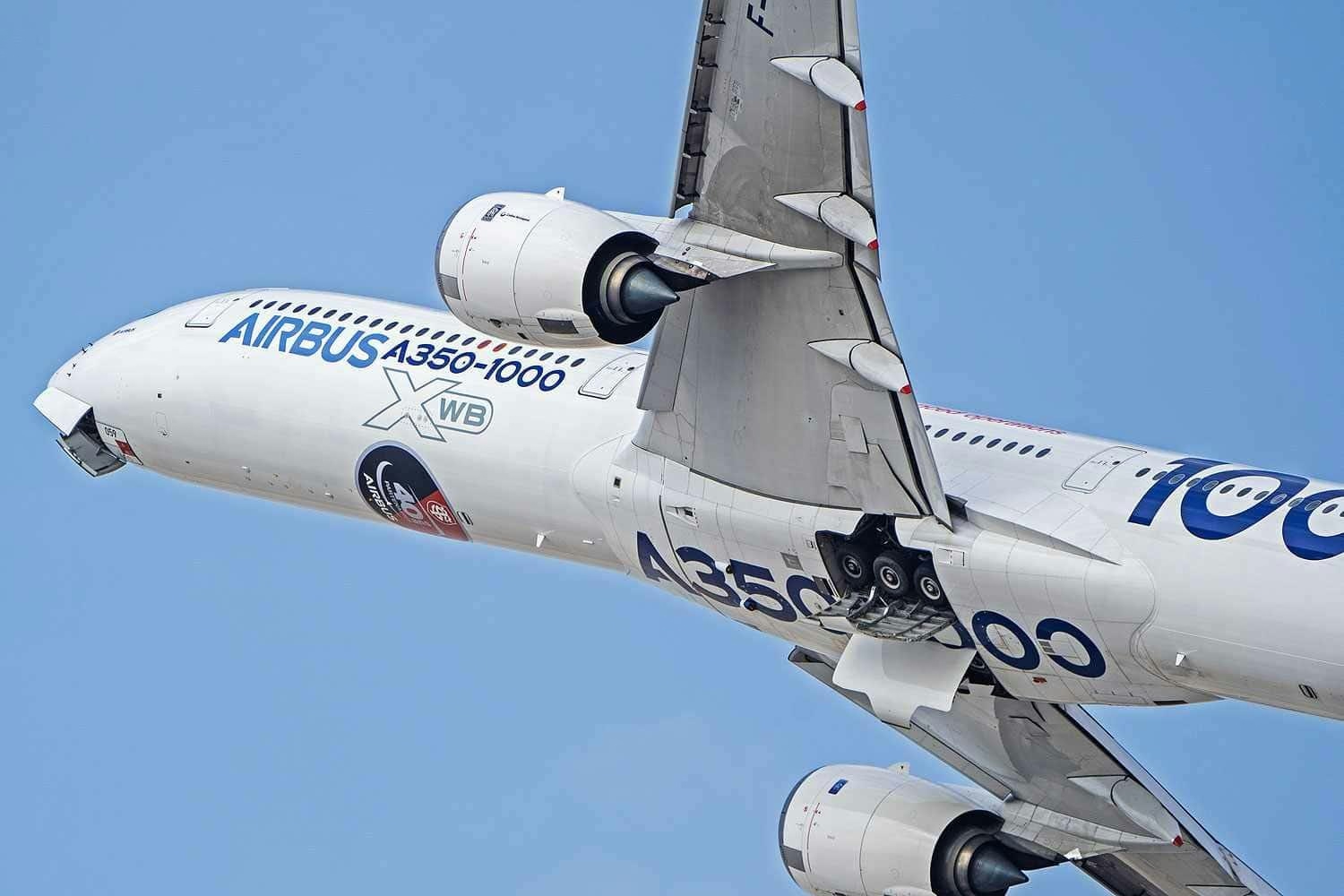
Airbus Receives New Order for A350-1000

The Leading Widebody Aircraft in Service Today
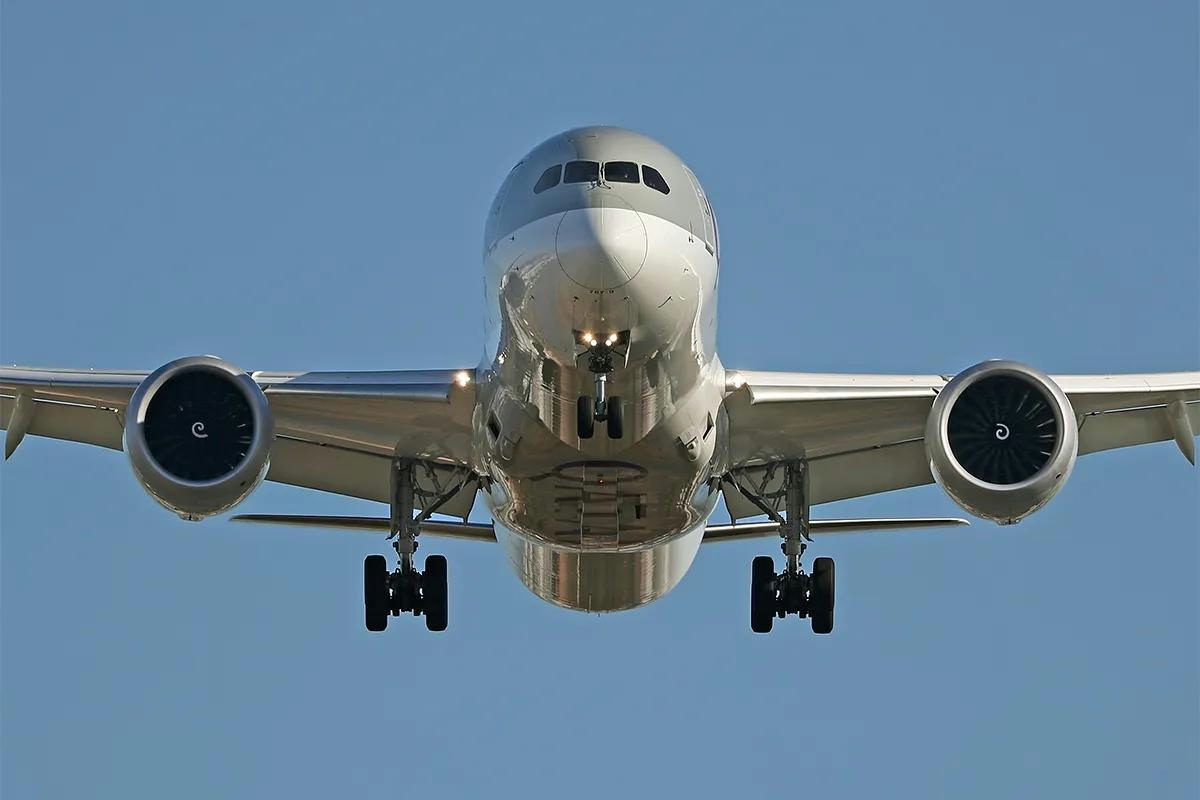
The Fastest Boeing Jet Currently in Service
